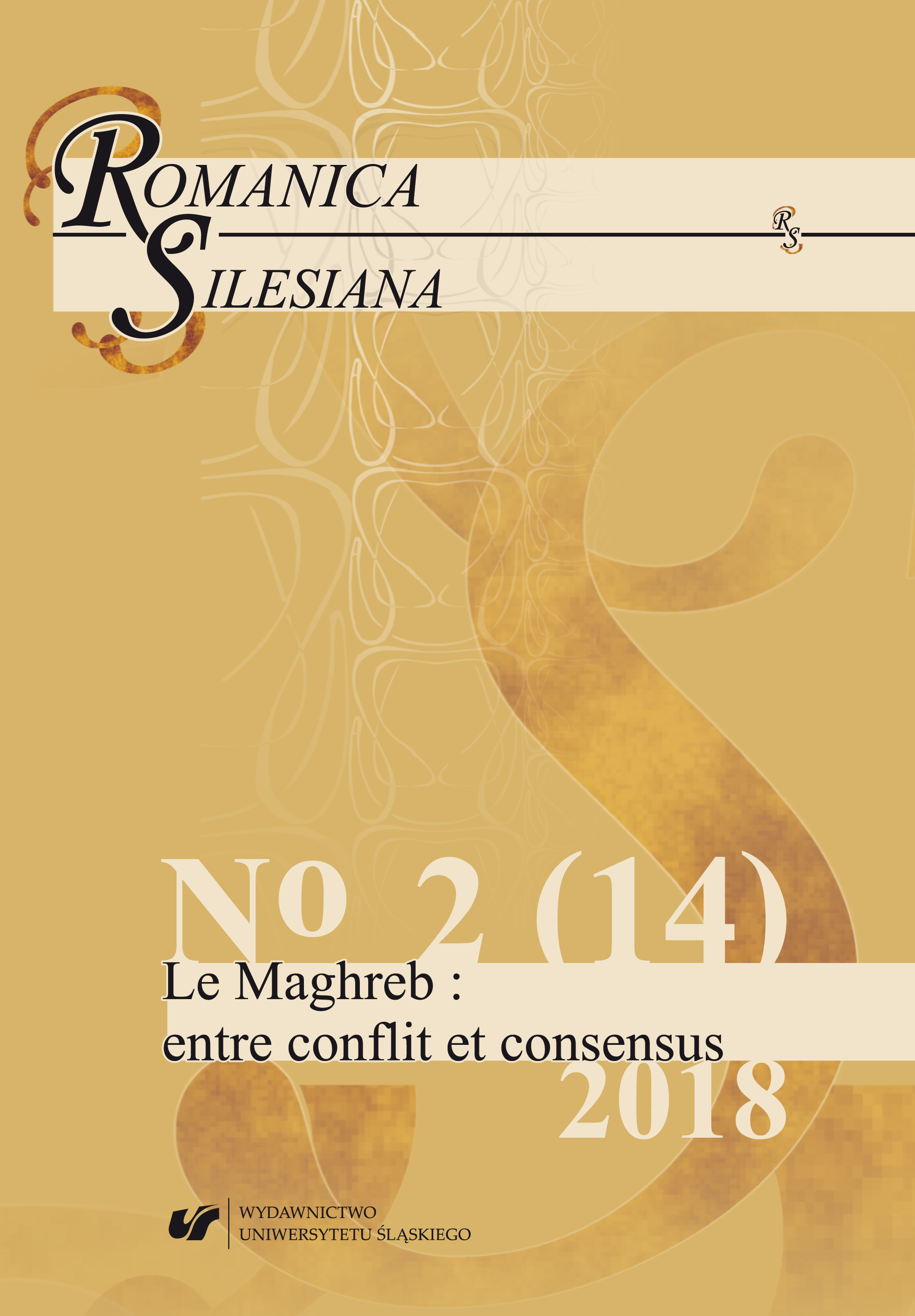De “La Colline oubliée” à “La Traversée”, « les mots et les choses » de Mouloud Mammeri : une écriture des conflits à l’épreuve de la parole poétique
From “La Colline oubliée” to “La Traversée”, “les mots et les choses” of Mouloud Mammeri: A Writing of Conflicts to the Test of Words of Poetry
Author(s): Michèle Sellès LefrancSubject(s): French Literature, Theory of Literature
Published by: Wydawnictwo Uniwersytetu Śląskiego
Keywords: Mouloud Mammeri; Amazigh identity; invention of a poetic art; postcolonial conflicts; social consensus
Summary/Abstract: In a first novel, La Colline oubliée, 1952, the Algerian writer and anthropologist Mouloud Mammeri described a Kabyle society still sheltered from the convulsions of the war of independence but already crossed by different currents. After independence, he became the leading figure of the Amazigh identity movement and, in his last novel, La Traversée, 1982, through the interactions of the protagonists, draws the splits of a postcolonial future where the writer seems condemned to solitude between translation of popular aspirations and fidelity to an ancestral poetic filiation. Mammeri reactivated in his writing the power of nomination of the Kabyle poet to say external and internal conflicts while demonstrating difficulties to revive myths raising the collective adhesion. The invention of a consensus between the divergent tendencies of a society overturned by postcolonial conflicts becomes the stake of a new poetic art that traces bridges between self-realization, identity claim and anthropological reflection.
Journal: Romanica Silesiana
- Issue Year: 2/2018
- Issue No: 14
- Page Range: 34-42
- Page Count: 9
- Language: French

